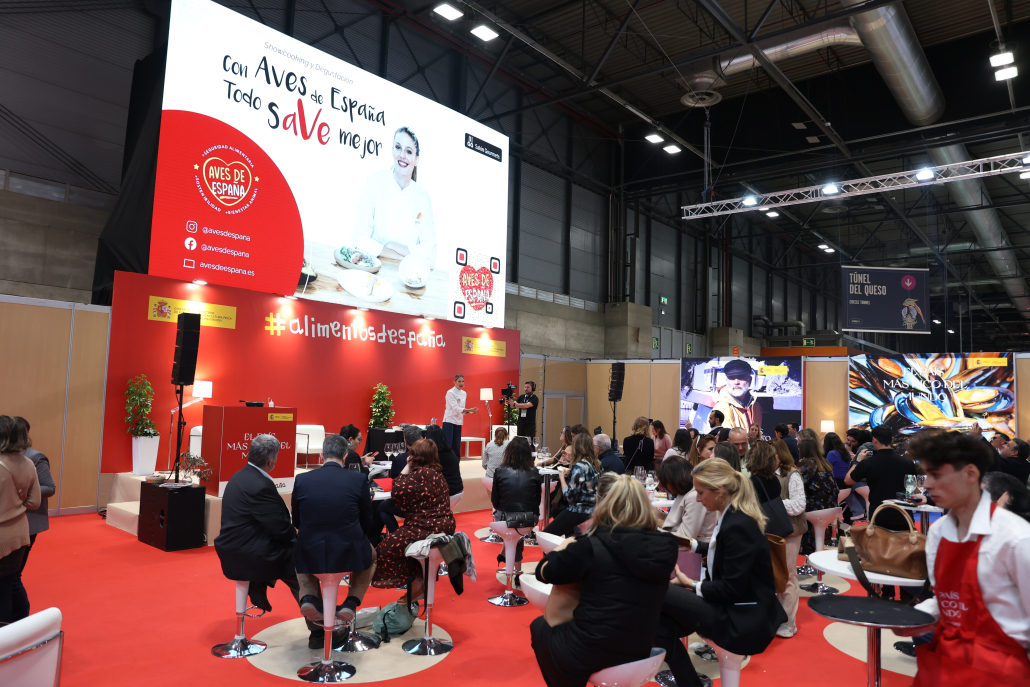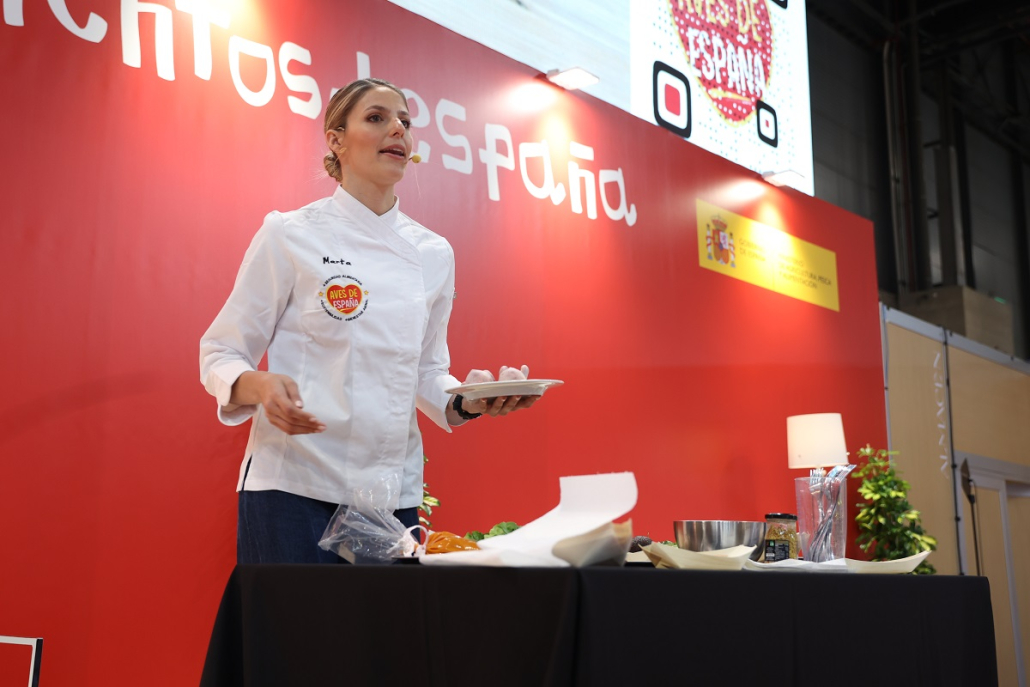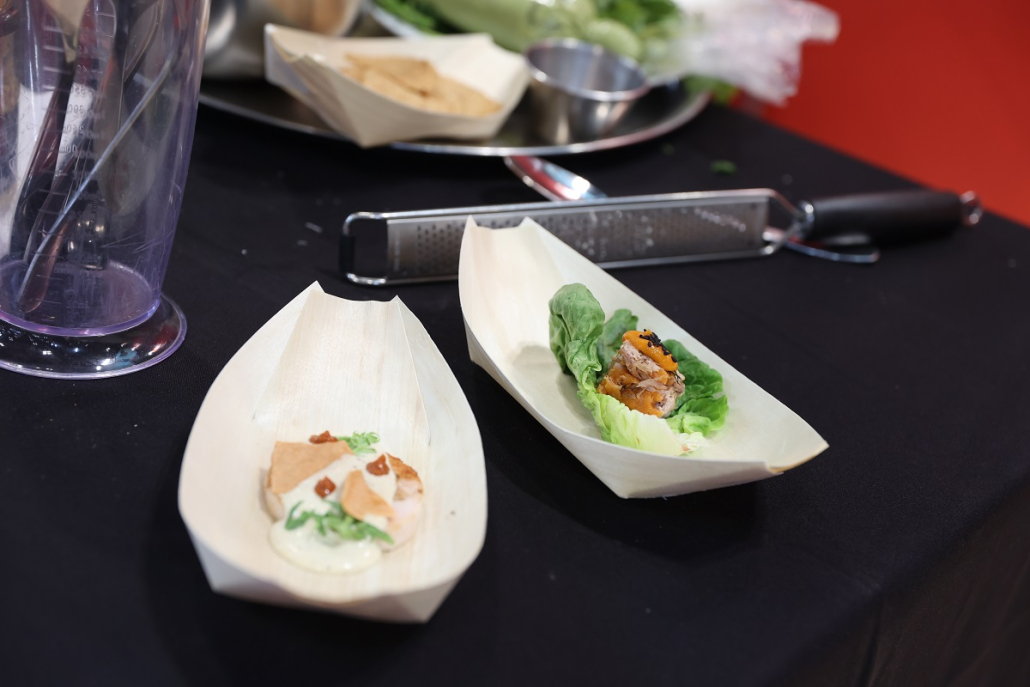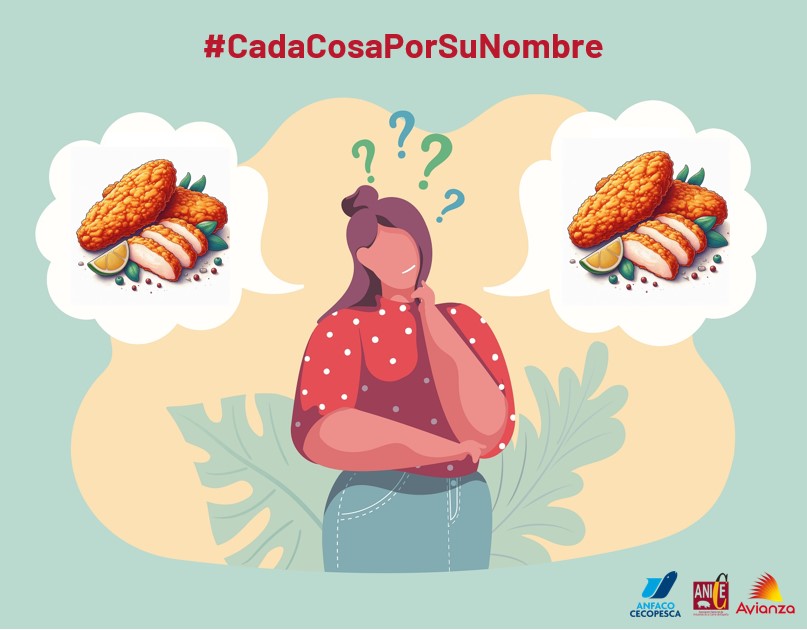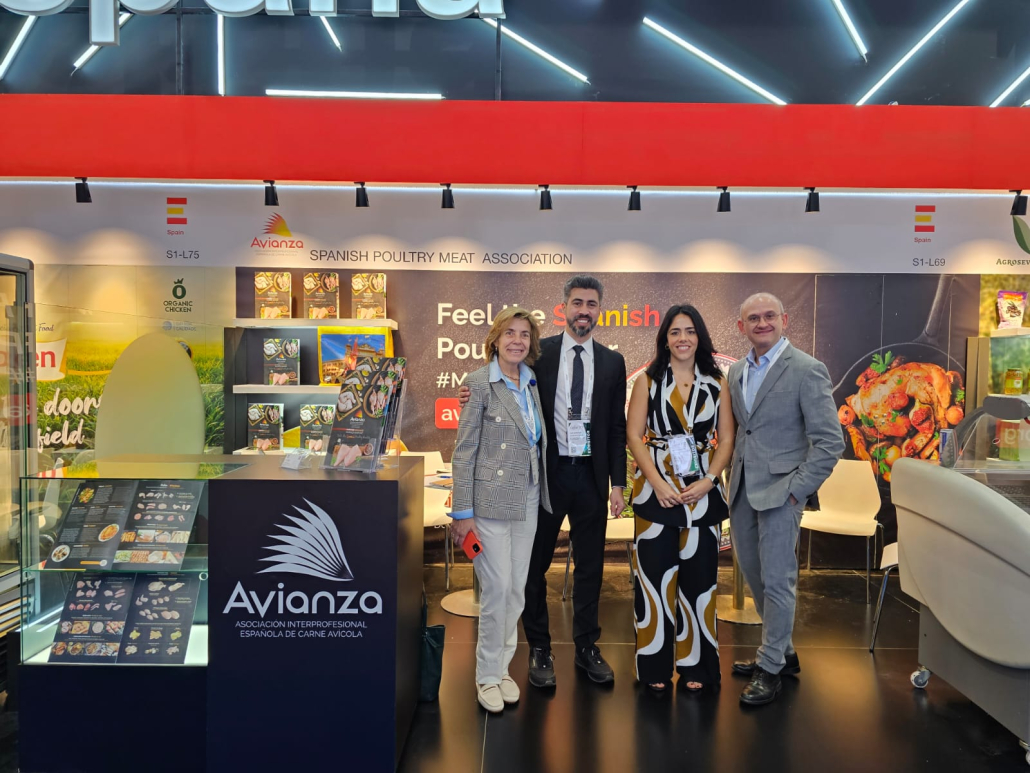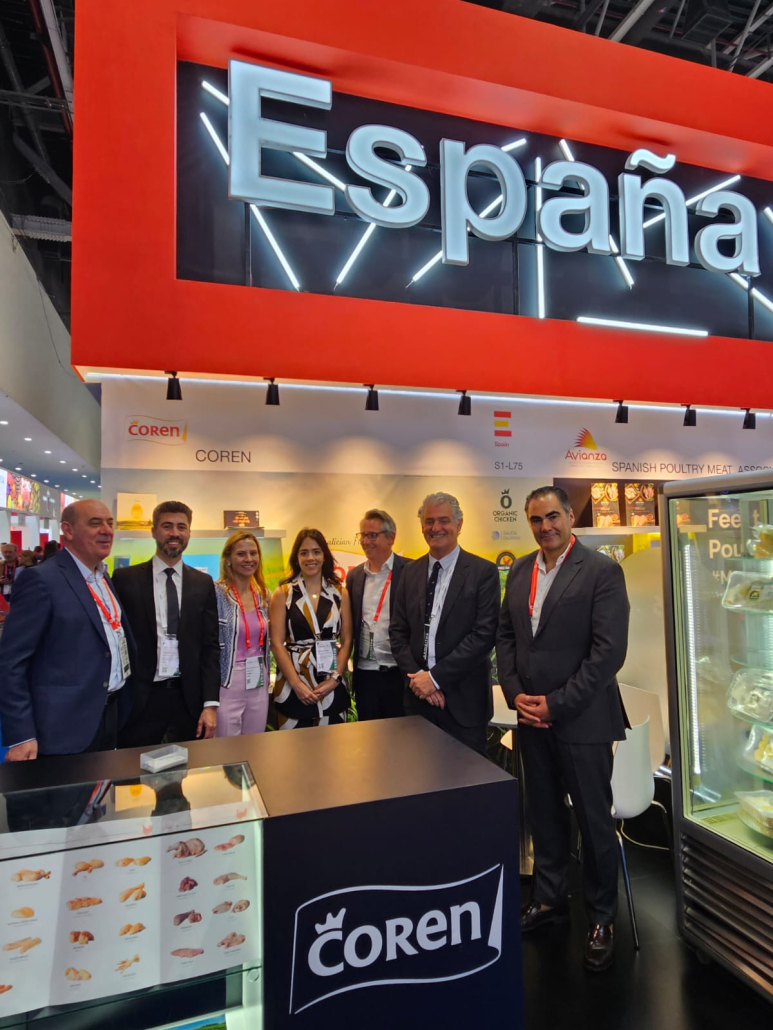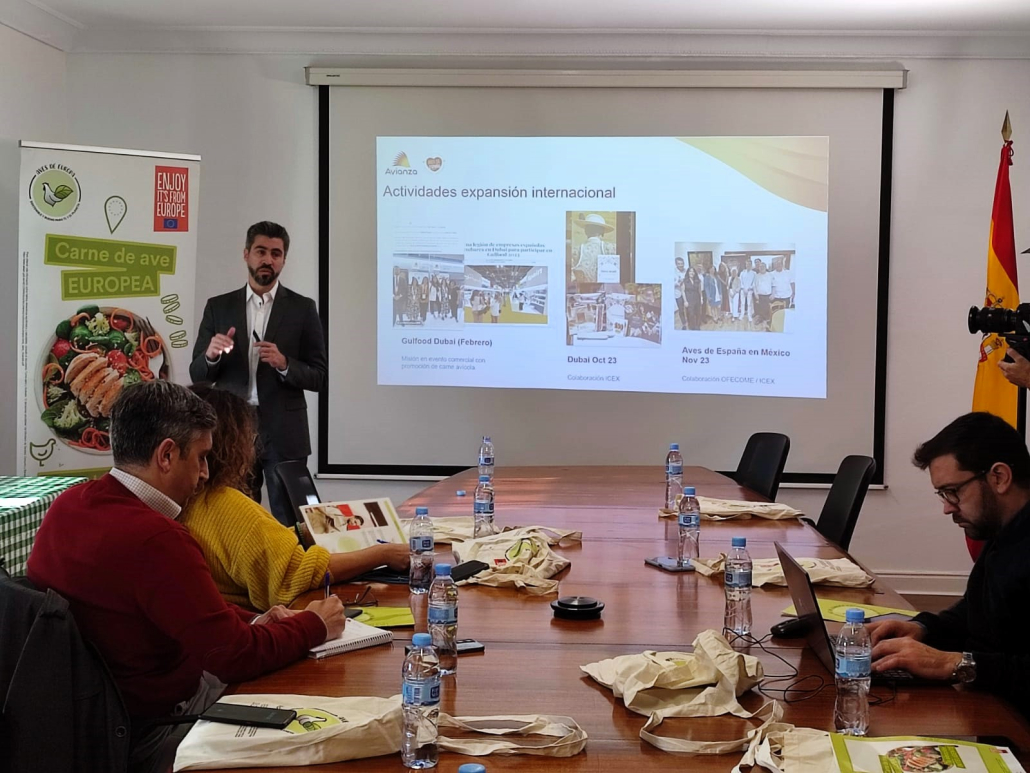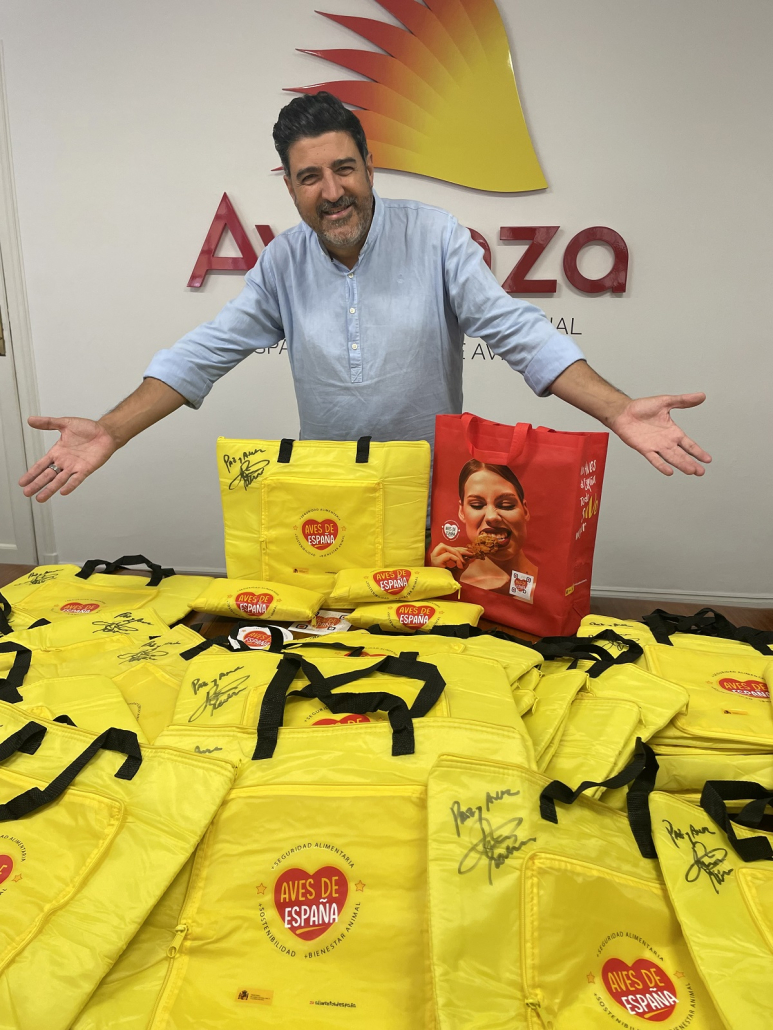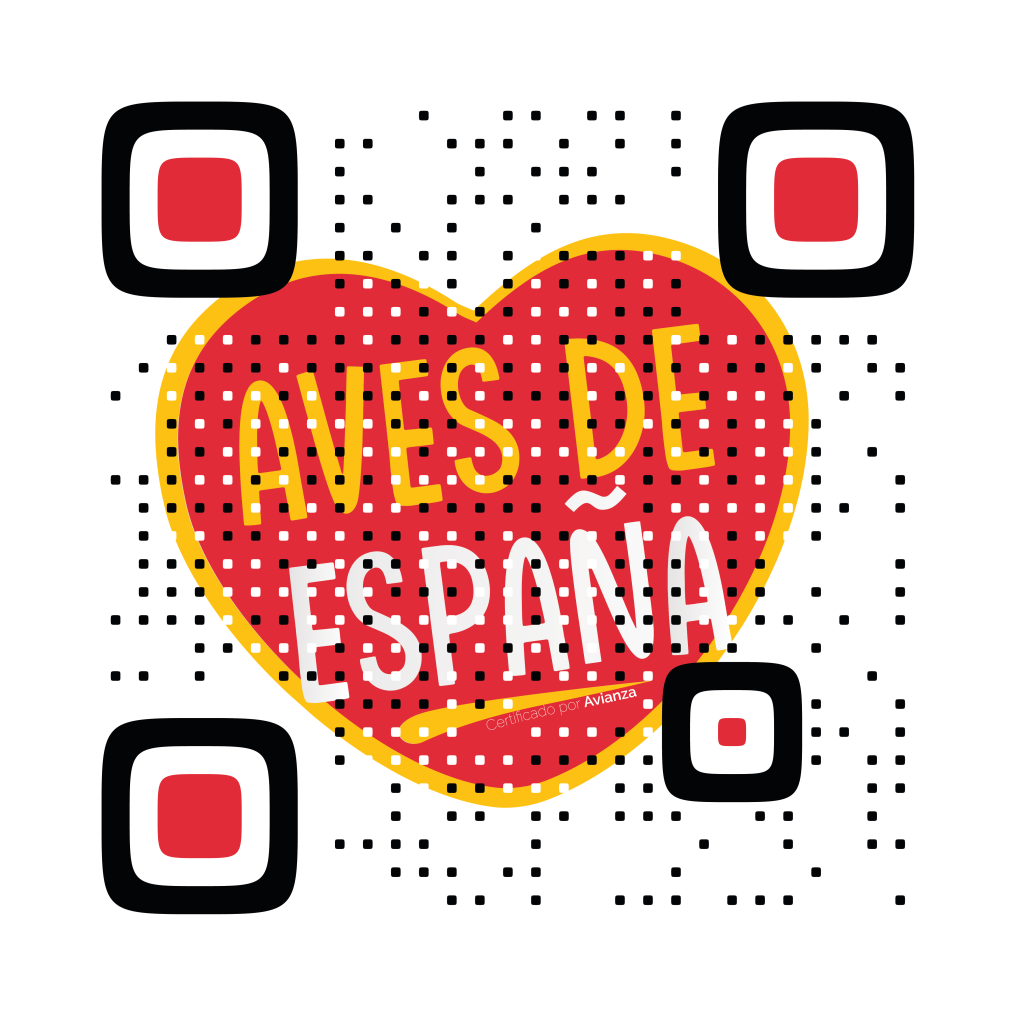CONVOCATORIA ABIERTA:
Licitación para la selección de una agencia de implementación para el desarrollo de un programa europeo múltiple REA UE 1144/2014 para la promoción de productos avícolas
EURSPO: PROGRAMA EUROPEO DE PROMOCIÓN EN FRANCIA, POLONIA, ALEMANIA Y ESPAÑA
1/ CONTEXTO
Las Asociaciones:
FRANCIA: CIPC – Comité interprofesional francés de pollos de engorde (Coordinador)
Desde sus orígenes en 2007, CIPC es una asociación avícola francesa que representa el 85% del sector avícola y de cada uno de sus sectores: criaderos, ganaderos, nutrición animal, mataderos. CIPC asigna sus medios y recursos a la producción de pollos de engorde, con un miembro de la junta dedicado y actividades de estudio. Con sede en Rennes, cerca de las principales zonas de producción avícola, CIPC representa los intereses de sus miembros en una amplia gama de temas como bienestar animal, producción sostenible, seguridad alimentaria, exportaciones y asuntos sociales, por lo que sus empleados participan activamente en varios grupos de trabajo y consultan. con, por ejemplo, miembros, ministerios, la Autoridad Francesa de Seguridad de los Productos de Consumo y Alimentos (DGCCRF), universidades y otros. CIPC también contribuye a difundir todos los resultados innovadores para fomentar las inversiones en el sector avícola. A nivel de la UE, CIPC sigue los trabajos de AVEC, la voz del sector avícola europeo. A nivel nacional, CIPC desarrolló un Observatorio sobre el uso racional de antibióticos en aves de corral y contribuye al grupo valorial sobre agroalimentos, que es uno de los tres principales grupos de agronegocios y participa en la Formación Avipole (el centro nacional de formación para aves de corral).
POLONIA: KRD-IG – El Consejo Nacional Polaco Avícola – Cámara de Comercio
KRD-IG es una organización líder del sector avícola en Polonia, con sede en Varsovia, cuyo objetivo es proteger los intereses de los avicultores, productores y procesadores. Actualmente el KRD está formado por 110 miembros de diversas especialidades de la industria avícola. Los miembros del KRD incluyen universidades agrícolas, asociaciones de avicultores y productores, plantas procesadoras de carne de aves, plantas de producción de piensos y avicultores y productores individuales. Representan todos los sectores del sector avícola polaco. Los miembros del KRD producen aproximadamente el 70% del volumen total de producción de aves de corral para sacrificio y aproximadamente el 80% de los productos avícolas polacos exportados. La organización estimula activamente el crecimiento y la modernización del sector avícola polaco y representa a la industria avícola en las relaciones con el gobierno, la administración y las organizaciones no públicas polacas. KRD coordina proyectos de promoción y comunicación para la industria avícola y mantiene una amplia gama de iniciativas educativas e informativas. KRD representa activamente a la industria avícola polaca en Europa y en todo el mundo.
ALEMANIA: BVH – Bundesverband bäuerlicher Hähnchenerzeuger eV
La BVH es la asociación federal de productores de pollo y es responsable de las operaciones agrícolas en todas las etapas de la producción de carne de pollo alemana. La tarea de la asociación es agrupar información sobre la producción de pollos de engorde, proporcionar información competente a todos los interesados, así como a las autoridades e instituciones, y así hacer que la industria avícola alemana sea competitiva a nivel internacional. Con alrededor de 1.000 miembros actualmente, el 95% de la industria avícola alemana está organizada en la BVH. Como filial especializada en temas relacionados con la industria avícola, BVH es miembro de la principal organización de la industria avícola alemana, la ZDG – Zentralverband der Deutschen. Geflügelwirtschaft e. V. (Asociación Avícola Alemana). A nivel de la UE e internacional, BVH es una organización miembro de AVEC y del Consejo Avícola Internacional. BVH es el interlocutor reconocido del Ministerio Federal de Alimentación y Agricultura de Alemania para todos los temas relacionados con la producción de carne de ave. Las tareas de BVH cubren una amplia variedad de temas que representan los intereses de sus empresas miembro, como el bienestar animal, la seguridad alimentaria, la promoción de actividades de exportación y las normas de comercialización.
ESPAÑA: AVIANZA – Asociación Interprofesional Española de Carne Avícola
AVIANZA cuenta con 43 empresas asociadas, integrando más del 95% del mercado de la carne de ave, contando actualmente con más de 5.000 granjas, 281 mataderos y despieces, así como más de 40.000 empleados trabajando para la industria de la carne de ave en España. El compromiso de AVIANZA es desarrollar la innovación y el acceso al mercado de los asociados que buscan actividades de promoción equitativas que les permitan desarrollarse en un mundo en constante cambio. Avianza se centra en la promoción de todos los productos cárnicos de ave, concretamente en medidas de calidad, medioambientales y de consumo sostenible. La producción de carne de ave en España es tecnológicamente avanzada y está totalmente integrada, representando el 23% de la producción cárnica nacional. Alrededor del 80% del total de la carne de ave en España es producción avícola de pollo.
EURSPO – el Programa:
El Programa EURSPO se centra en la promoción e información sobre los productos avícolas europeos sostenibles y los beneficios del consumo de carne de ave europea con énfasis en los esfuerzos de la industria hacia sistemas de producción europeos más sostenibles y tendencias de consumo más sostenibles (contra el desperdicio de alimentos).
El análisis de mercado identifica y justifica la necesidad de un programa tan importante, tanto para la Unión Europea como para las organizaciones participantes (CIPC, BVH, AVIANZA, KRD) y está alineado con las estrategias y el Plan de Trabajo 2023 de Farm to Fork y Green Deal. y cumple con las FBDG (Food Based Dietary Guides), reforzando todos los esfuerzos realizados por la propia Comisión Europea .
La principal meta del pesente programa es proporcionar información general y concienciar sobre las estrategias de sostenibilidad que la industria europea de la carne de ave ha estado y seguirá implementando, sobre todo en términos del impacto negativo del desperdicio de alimentos en el medio ambiente, la economía y la sociedad.
Los objetivos generales son:
- resaltar las especificidades de la Unión Europea, en particular en términos de respeto al medio ambiente y sostenibilidad, con el fin de resaltar las estrategias sostenibles que la industria europea de la carne de ave viene aplicando desde hace muchos años;
- aumentar la concienciación sobre los beneficios de elegir productos procedentes de la UE para promover un estilo de vida saludable;
- aumentar la competitividad y el consumo de productos avícolas europeos, aumentando así la cuota de mercado europeo en Alemania, Francia, España y Polonia.
Esta propuesta tiene una identidad paneuropea con una imagen europea unificada en todos los mercados objetivo, adaptando el mensaje a los desafíos individuales a los que se enfrentan e inspirando y motivando la acción de todas las partes interesadas.
El programa EURSPO se centra en tres públicos objetivos: los jóvenes, los responsables de la toma de decisiones familiares (que formarían la sección de consumidores finales) y los líderes de opinión en Francia, Polonia, Alemania y España. Al seleccionar estos segmentos, las campañas de promoción pretenden dirigirse a las generaciones que buscan información, aprenden sobre la elección de alimentos y toman decisiones; quienes toman las decisiones alimentarias para ellos y sus familias, dando forma a nuestras tendencias de consumo; y aquellos que puedan difundir nuestro mensaje de sostenibilidad.
Con un presupuesto total de más de 4 millones de euros y numerosas actividades de promoción e información en Francia, Polonia, Alemania y España, la asociación no sólo utilizará canales online y offline para comunicar el mensaje, sino que también organizará diferentes eventos, jornadas de degustación y talleres para llegar al mayor número de consumidores posible. El impacto que este programa tendrá para el sector avícola europeo también alentará a otros actores clave de la industria a trabajar en su sostenibilidad y enfoque al desperdicio de alimentos.
2/ CONVOCATORIA DE LICITACIÓN
Es necesaria la contratación de una agencia de implementación especializada para planificar y ejecutar las acciones cubiertas en este programa una vez que CIPC y el resto de asociaciones hayan firmado el acuerdo de subvención. Los socios esperan una asociación sostenible con la agencia de implementación, basada en una alta confianza mutua, considerando el presupuesto involucrado y la necesidad de mantener la confianza de los socios a través del programa propuesto.
La Agencia seleccionada interactuará con CIPC como Coordinador, pero también con todos los socios individualmente para implementar el programa en sus respectivos países objetivo.
Condiciones de licitación abierta:
1. El objetivo de este concurso es la solicitud de un programa de promoción cofinanciado por la agencia EU REA. Si los fondos europeos no están garantizados, la licitación se considerará desierta.
2. Esta licitación no es remunerada. Los solicitantes no seleccionados no recibirán ninguna compensación económica.
3. Toda la información enviada a los solicitantes seleccionados será tratada con estricta confidencialidad, y debido al carácter institucional de los datos, no podrá ser utilizada para otros clientes.
4. CIPC enviará a los solicitantes, previa solicitud, un informe que incluirá información técnica relacionada con la selección de los mercados objetivo y los objetivos del programa para la preparación de sus propuestas.
5. Los criterios de selección garantizarán la mejor relación calidad-precio de conformidad con el Reglamento (UE) n.º 1144/2014 del Parlamento Europeo.
6. Una vez enviada la propuesta creativa del solicitante, ésta pasa a ser propiedad de las entidades contratantes sin limitaciones de tiempo y espacio, y esto incluye su utilización para todos los medios y medios de comunicación.
7. Las entidades contratantes se reservan el derecho de utilizar conceptos creativos (imágenes, logotipos, eslóganes y nombres de dominio) en el contexto de otras campañas propias y sin limitación de tiempo.
8. La agencia seleccionada firmará un contrato con las entidades contratantes.
9. No se incurrirá en gastos antes de que se haya firmado un acuerdo marco entre las entidades adjudicadoras y la Comisión Europea, y un acuerdo marco entre las entidades adjudicadoras y el organismo de ejecución.
Elementos obligatorios que deben presentar los solicitantes:
Los candidatos deberán proponer un plan estratégico para el desarrollo de un programa REA multipromoción en los mercados anteriormente mencionados con el objetivo de mejorar la imagen de los productos avícolas e impulsar su consumo.
La propuesta detallada (preferiblemente en formato PowerPoint) debe enviarse obligatoriamente en inglés al equipo de coordinación ( [email protected] ) y al Sr. Yann Brice ( [email protected] ) y debe incluir:
- Carta de Solicitud fechada y firmada aceptando las bases de licitación.
- A Presentación de la agencia que incluya la prueba de estar al corriente en el pago de impuestos, información sobre su viabilidad financiera, sobre sus competencias para acompañar la asociación en estas misiones y sobre su conocimiento de las normas relativas a los programas de promoción financiados por la UE.
- Una propuesta basada en el conocimiento de los países objetivo sobre la producción, el consumo, los aspectos de sostenibilidad y los hábitos de consumo de la carne de ave. La agencia debería poder proponer una gama de acciones basadas en los diferentes criterios establecidos en la propuesta, proporcionando resultados e impacto (no inferiores a los indicados en la descripción del Programa).
- La agencia debe describir los objetivos, el público objetivo, así como los entregables esperados y debe incluir una propuesta presupuestaria para cada acción dentro del marco general definido para esa campaña.
- Teniendo en cuenta el mensaje principal de la campaña, la agencia deberá diseñar una alternativa al concepto creativo general de la campaña, en particular, el diseño inicial (1 a 3 variantes) de la identificación visual de la campaña (signo gráfico (logotipo) de campaña), maquetación maestra, página de inicio del sitio web, diseño de publicidad (tanto offline como online), ejemplos de post en redes sociales, materiales promocionales, diseño de stand para feria, PLV y otros eventos previstos en el programa.
- Declaración Jurada debidamente fechada y firmada por el solicitante en la que manifieste cualquier posible conflicto de intereses derivado de los trabajos realizados por una institución del sector Avícola en cualquiera de los mercados cubiertos por la campaña.
La propuesta debe integrar la firma obligatoria de la UE y otros elementos gráficos según lo estipulado en el Reglamento CE/1144/2014 y la legislación relacionada. La agencia de ejecución seleccionada deberá cumplir estrictamente estos criterios para todas las acciones planificadas y llevadas a cabo, ya que el incumplimiento de estas normas de la UE daría lugar a la no subvencionabilidad de las acciones y a la pérdida de financiación. En caso de que nuestra solicitud no llegue a la firma del acuerdo de subvención, la realización de la campaña, por supuesto, no debería tener ningún propósito y esta licitación sería nula y sin efecto.
3/ ACCIONES DE APOYO
La agencia de implementación seleccionada apoyará a los beneficiarios en la implementación de las siguientes acciones previstas en este programa:
- Actividades de relaciones públicas (oficina de relaciones públicas y comunicados de prensa)
- Medios digitales (campaña en redes sociales, publicidad online, eventos digitales, etc.)
- Organización y promoción de Puntos de Venta y distintos tipos de Eventos (B2B, B2C) y actividades dirigidas al consumidor (restaurant weeks, patrocinios…)
- Publicidad en diferentes medios (prensa, online, exterior…)
El Candidato deberá proponer cómo articular y adaptar todas estas acciones a los diferentes países objetivo, así como demostrar su experiencia en los diferentes campos de actividad.
CIPC enviará a los solicitantes, previa solicitud, un informe que incluirá información técnica relacionada con la selección de los mercados objetivo y los objetivos del programa para la preparación de las propuestas.
También se seleccionará una Agencia de Evaluación para auditar el programa y sus actividades. Se espera que el organismo seleccionado facilite el trabajo de la agencia de evaluación según sea necesario a lo largo del proyecto, por ejemplo, proporcionando la información solicitada por la agencia de evaluación, participando en reuniones ocasionales y teniendo en cuenta sus recomendaciones.
4/ CRITERIOS DE SELECCIÓN
La selección será realizada por un jurado compuesto por las 4 asociaciones avícolas nacionales (CIPC, KRD-IG, BVH, AVIANZA) que participan en el proyecto.
Criterios de selección:
- Calidad, creatividad y coherencia de la estrategia, argumentación de las acciones propuestas (35 puntos)
- Experiencia en proyectos de promoción de la UE, comprensión y cumplimiento estricto de las normas de promoción de la UE (15 puntos)
- Experiencia en acciones de Comunicación, particularmente en promoción de alimentos, aspectos de sostenibilidad y desperdicio de alimentos (15 puntos)
- Calidad de la información proporcionada sobre viabilidad financiera de la agencia y relación calidad-precio (20 puntos)
- Cualificaciones del equipo de gestión del proyecto y experiencia en los países participantes (15 puntos)
5/ PLANIFICACIÓN PROPUESTA
- 30 de noviembre a las 18h00: Fecha límite para el envío de la solicitud a la licitación.
- 15 de diciembre a las 18h00 : Notificación de la agencia elegida y notificación detallada a las demás agencias de no seleccionadas.
7/ CONTACTOS
El equipo de coordinación y el Sr. Yann Brice (director ejecutivo de CIDEF-CIPC-CICAR-ATM Avicole ) están disponibles para responder a cualquier pregunta que los candidatos puedan tener por correo electrónico a [email protected] and [email protected] . Cada correo electrónico escrito en el marco de esta convocatoria de licitación deberá estar en inglés y mencionar “EURSPO: Call for Tender – Agencia de implementación” en el asunto del correo electrónico.
